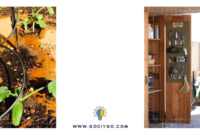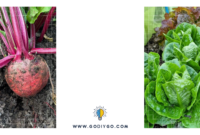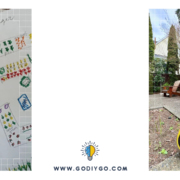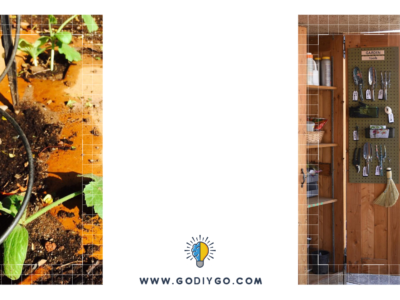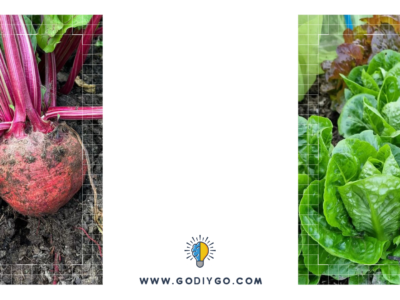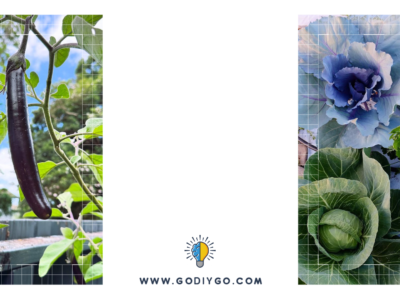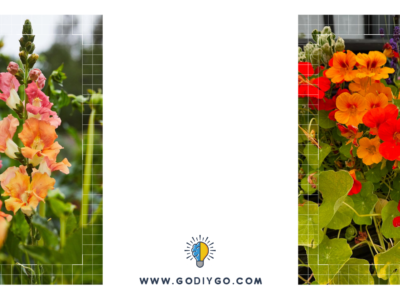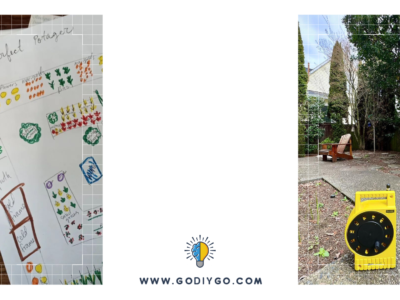Starting an herb garden is a fantastic way to bring a touch of greenery into your life and enjoy fresh flavors right from your backyard (or windowsill!). Whether you’re dreaming of a vibrant garden full of culinary herbs or just want a few pots of aromatic plants, this guide is here to help you get started. We’ll cover everything from choosing the perfect herbs for your needs, to planning out your garden space, and the essential tools you’ll need to make it all happen. Let’s dig in and get those green thumbs ready!
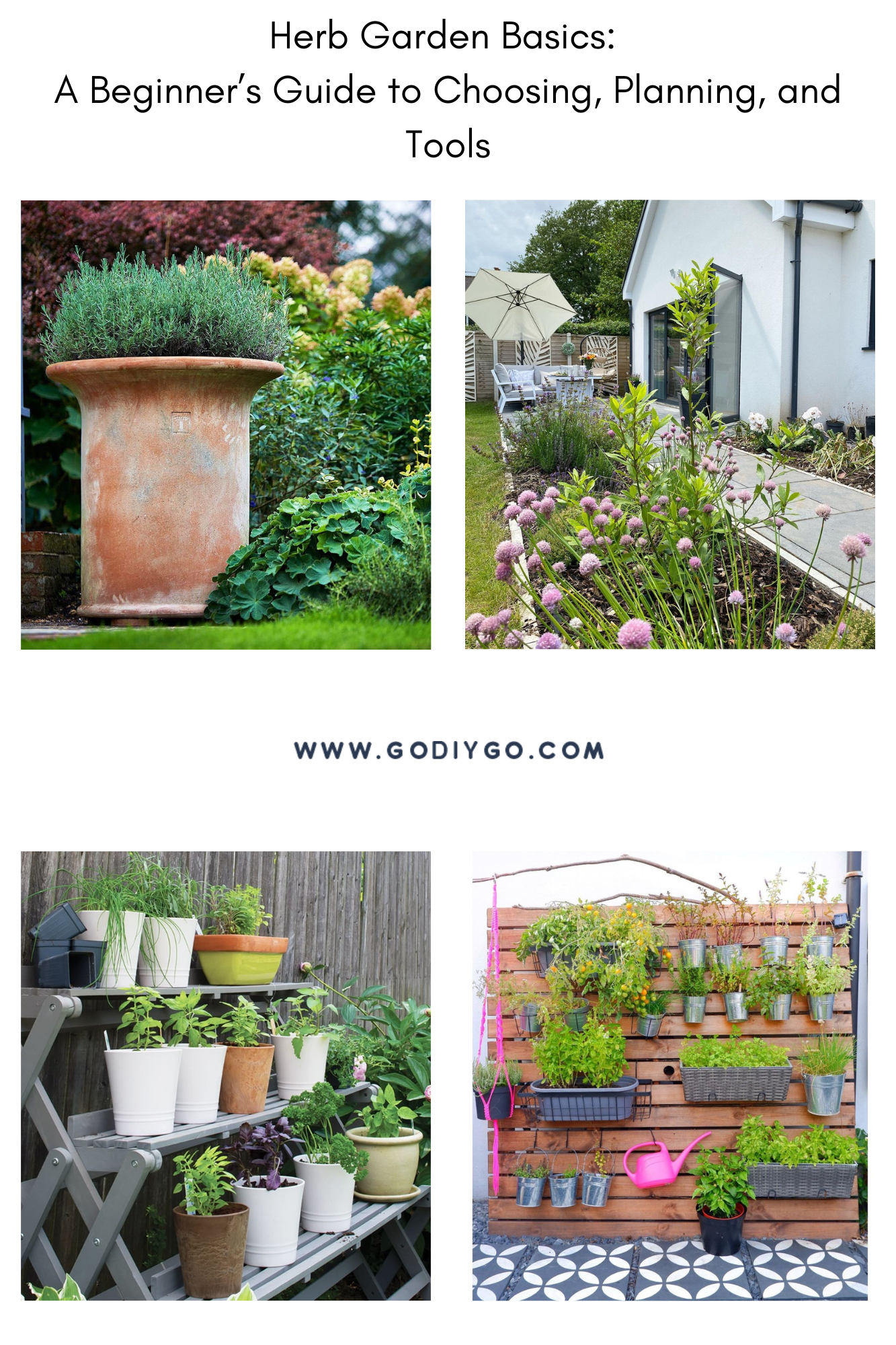
1. Choosing Herbs
1. Consider Your Climate
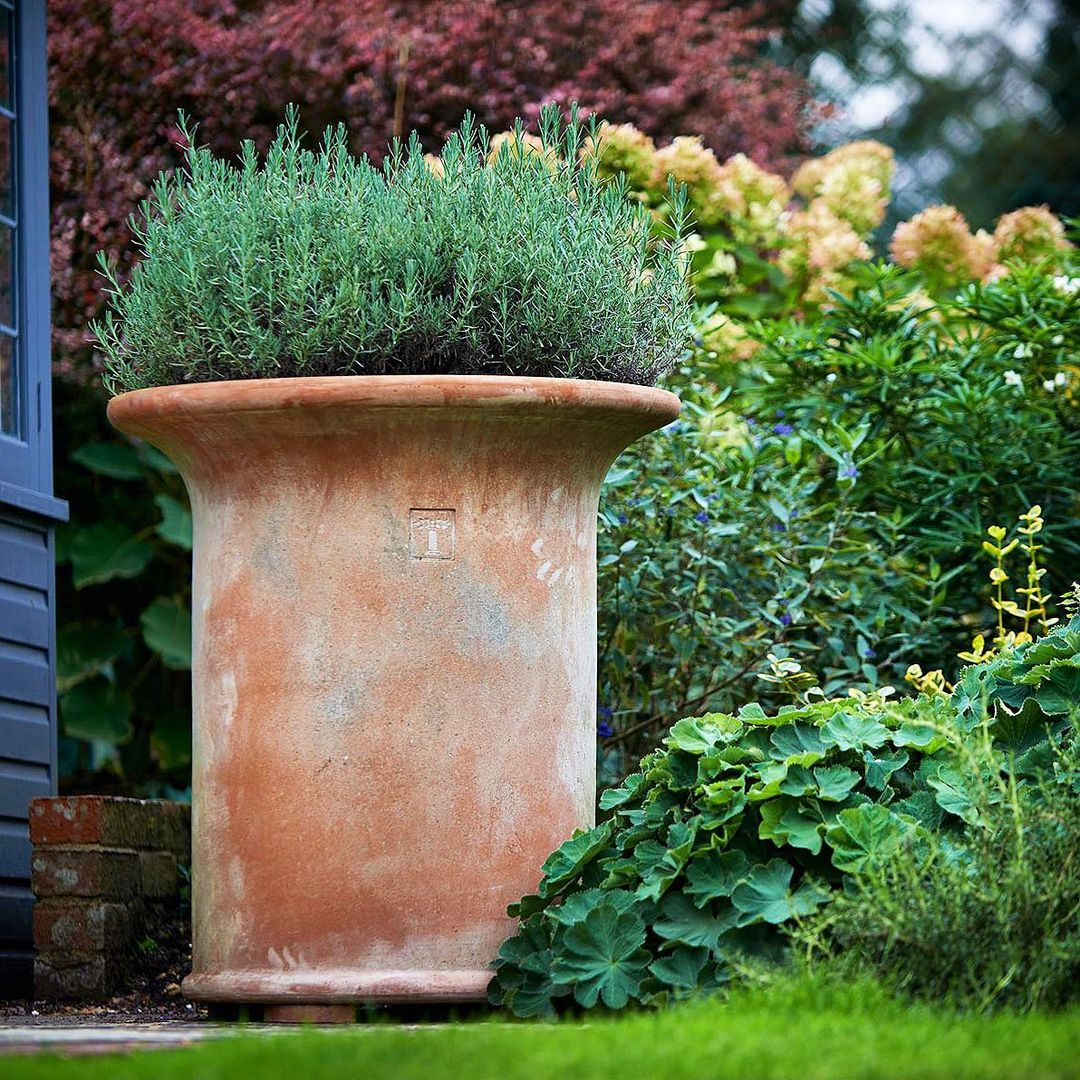
By choosing herbs that match your local climate, you’ll help them grow stronger and produce better results. Rosemary from @ italian.terrace
Herbs have different preferences when it comes to weather. Basil loves warm, sunny conditions, so it’s ideal for hot climates or summer months. If you’re in a cooler region, herbs like mint and chives are better suited as they can handle cooler temperatures and some shade. Mint is quite hardy and can even grow in less sunny spots, while chives can survive chilly conditions.
2. Decide on Usage
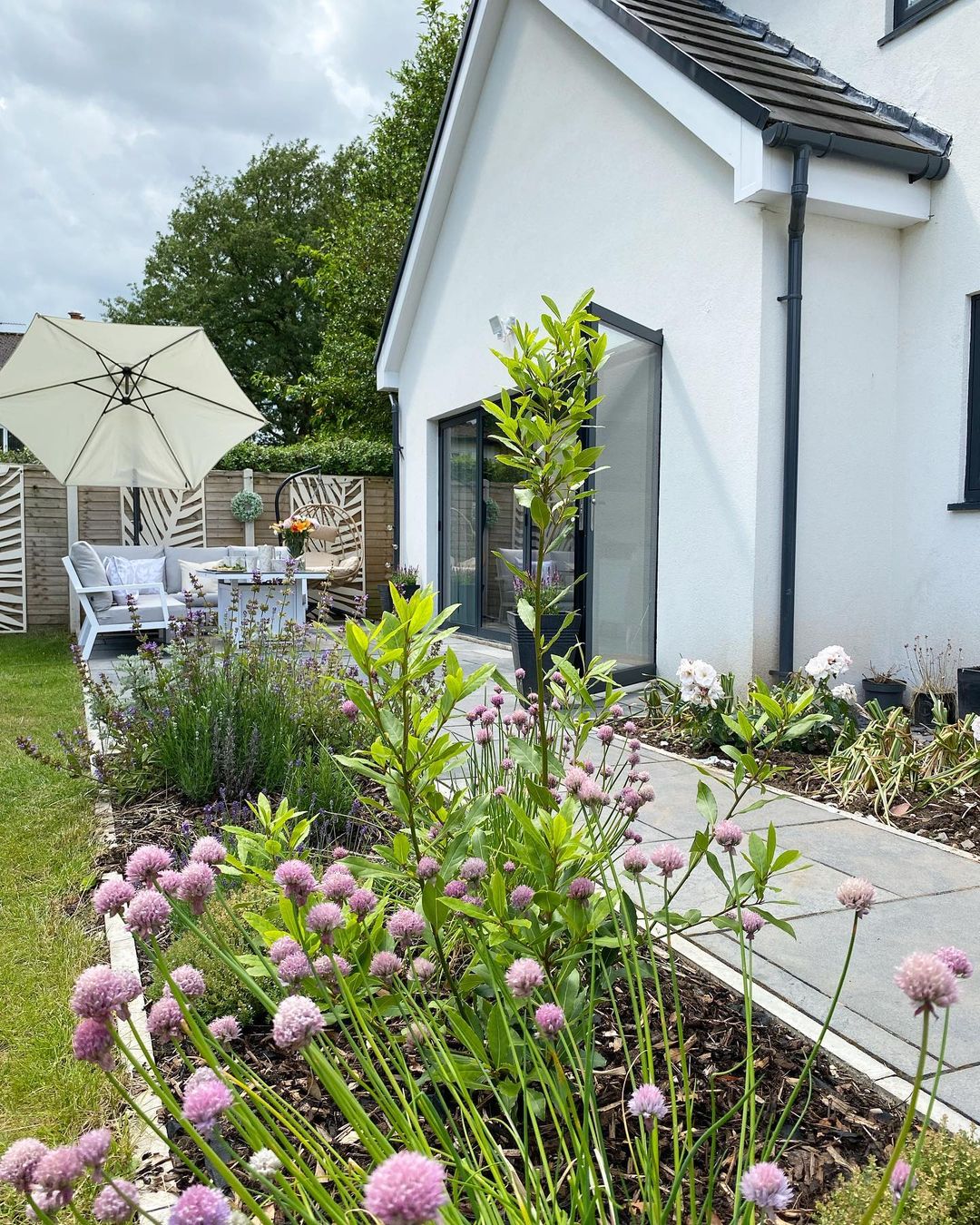
Choosing herbs based on their uses will help you get the most out of your garden. Purple herbs from @ the_robinsonfamily_abode
Think about what you’ll use the herbs for. If you love cooking, pick culinary herbs like rosemary, thyme, and parsley to enhance your meals. For medicinal purposes, herbs like lavender and chamomile are great choices for their calming and therapeutic properties.
3. Space Availability
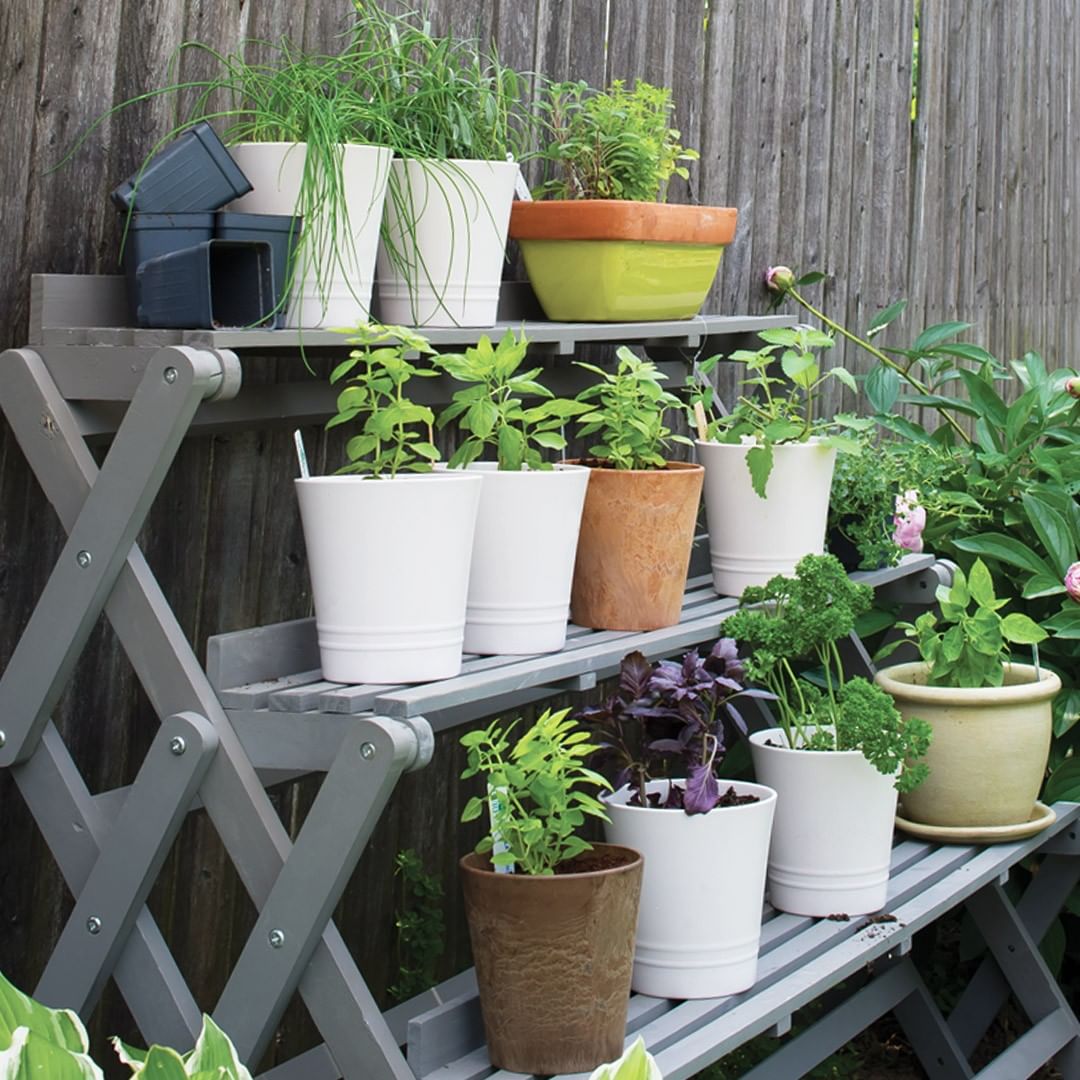
Match the size of the herb to the amount of room you have to ensure they grow well and stay healthy. Potted herbs from @ burpeegardening
Select herbs that fit your space. Compact herbs like cilantro and chives are perfect for small areas or pots, while larger herbs like sage and oregano need more space to spread out.
2. Planning the Garden Layout
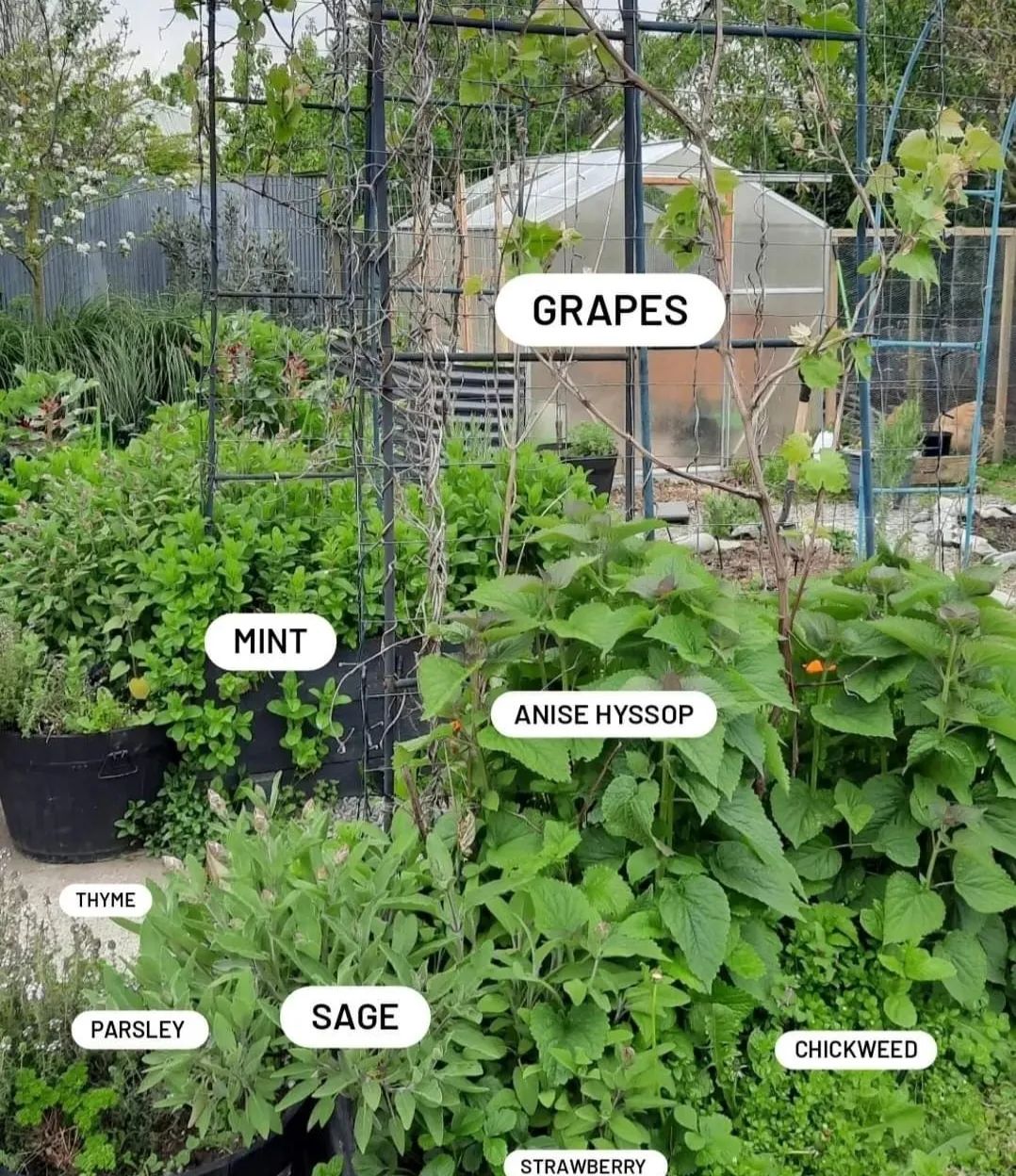
Garden inspiration from @ derivedfromnaturenz
1. Sunlight
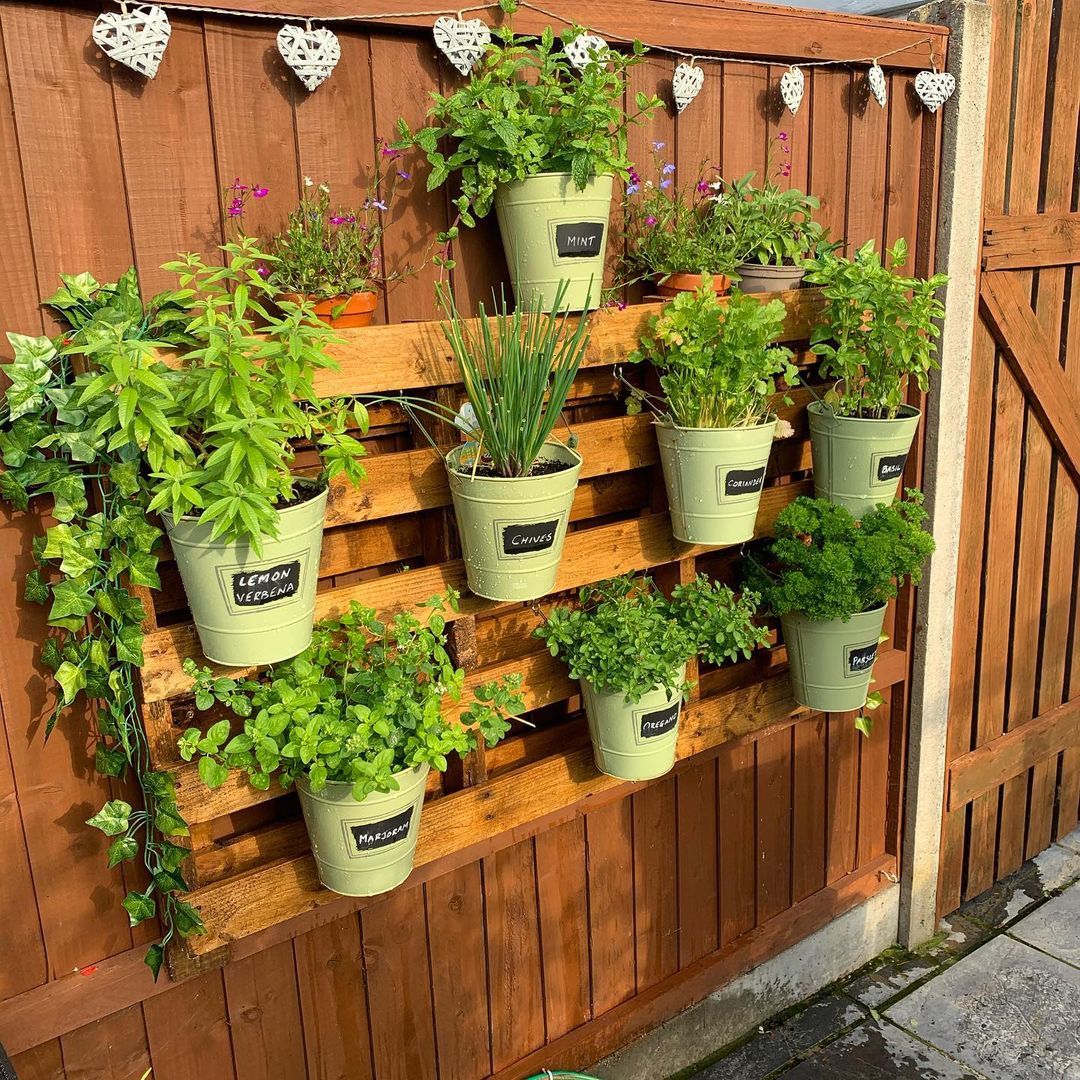
Proper lighting helps herbs develop strong flavors and healthy leaves. Vertical herbs from @ dealzireland
Herbs generally need at least 6 hours of sunlight each day to grow well. If you’re planting outdoors, choose a spot that gets plenty of direct sunlight. For indoor gardens, you might need to use grow lights to provide the necessary light, especially if your space doesn’t get enough natural sunlight.
2. Soil
Well-drained soil is important for healthy herb growth. If you’re planting in the ground, mix in some compost to enhance drainage and add nutrients. For container gardens, use a good-quality potting mix that promotes drainage. This helps keep your herbs’ roots healthy and encourages strong growth.
3. Spacing
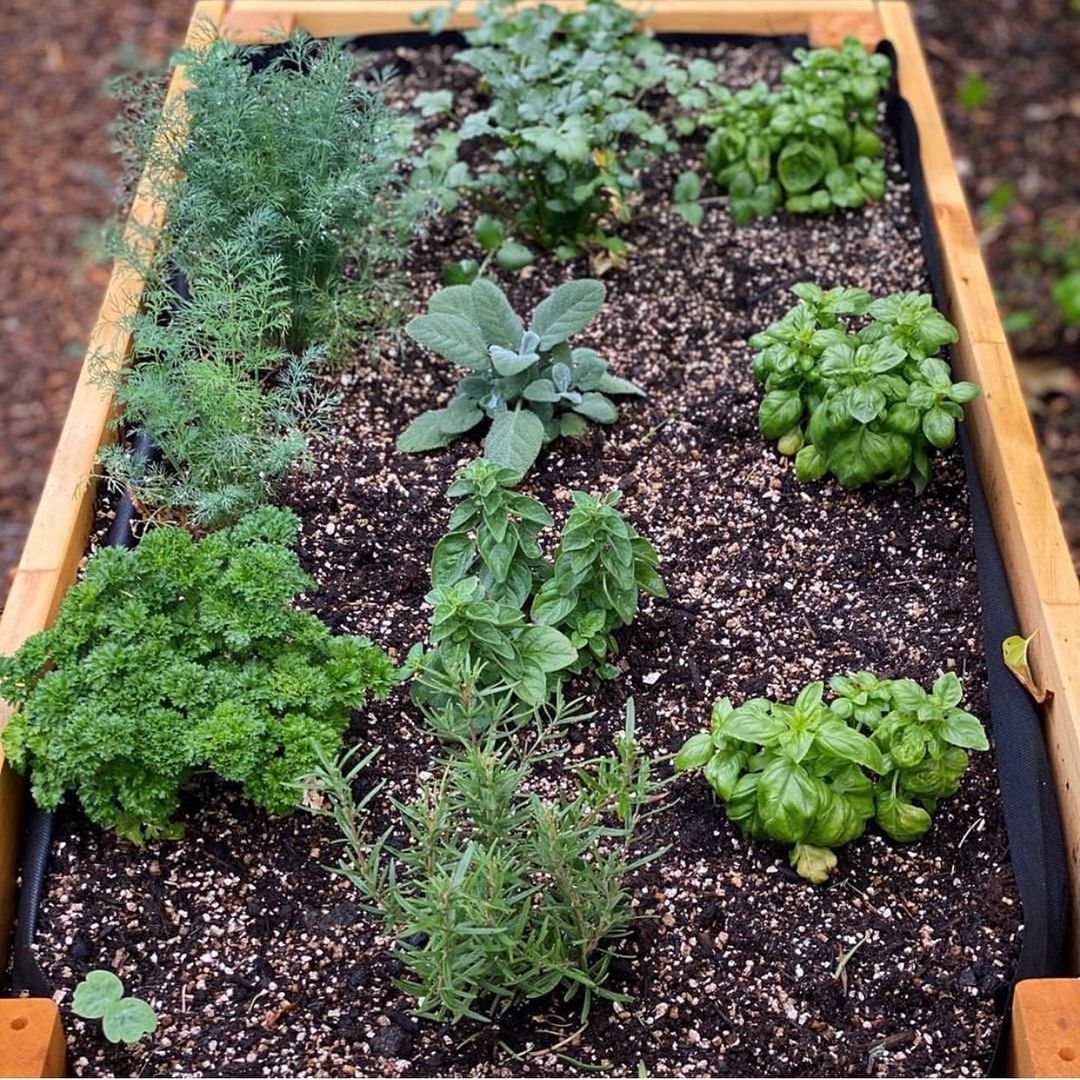
Give your herbs the room they need to thrive! Proper spacing ensures each plant gets enough sunlight, nutrients, and airflow, leading to stronger, healthier growth. Raised bed from @ dnaturalgarden
Think about how much space each herb needs and group them accordingly. Herbs with similar water and light needs should be planted together. For example, Mediterranean herbs like rosemary and thyme, which both enjoy plenty of sunlight and well-drained soil, can be placed in the same area to make maintenance easier.
3. Essential Tools

Proper watering is crucial for healthy herb growth, and a well-designed watering can makes this task easier and more effective. Herb wall from @ thatssogemma
1. Containers
For indoor or small-space gardening, pots and containers are essential. They let you grow herbs where there’s no garden space. Make sure your containers have drainage holes to prevent water buildup and root rot.
Choose materials like terracotta for better air circulation or plastic if you need to retain moisture. Match the container size to the herb’s growth needs—larger pots for bigger herbs and smaller ones for compact herbs. Containers also let you move your herbs to get the best light and temperature conditions.
2. Watering Can
A watering can with a fine spout is ideal for gently watering delicate herbs. The fine spout provides a soft, even flow of water, which helps prevent overwatering and reduces the risk of damaging fragile plants. This type of watering can also allows you to target the base of the plants more precisely, ensuring that the water reaches the roots where it’s needed most.
3. Trowel and Hand Tools
Trowels and hand tools are great for planting and moving herbs. A trowel helps dig small holes and loosen soil, while other hand tools like forks are useful for breaking up soil and mixing in compost. These tools make planting and soil prep easier, especially in small spaces or containers.
4. Pruners or Scissors
These tools are important for harvesting herbs and trimming plants. They allow you to make clean cuts, which helps the plants grow better and keeps your garden neat. Using sharp pruners or scissors makes it easier to gather fresh herbs and maintain healthy plants.
5. Soil Tester
A soil tester helps you check the pH and nutrient levels in your soil. Most herbs thrive in soil that is slightly acidic to neutral. Using a soil tester ensures that your soil has the right conditions for healthy herb growth, allowing you to adjust pH or add nutrients if needed.
4. Additional Tips
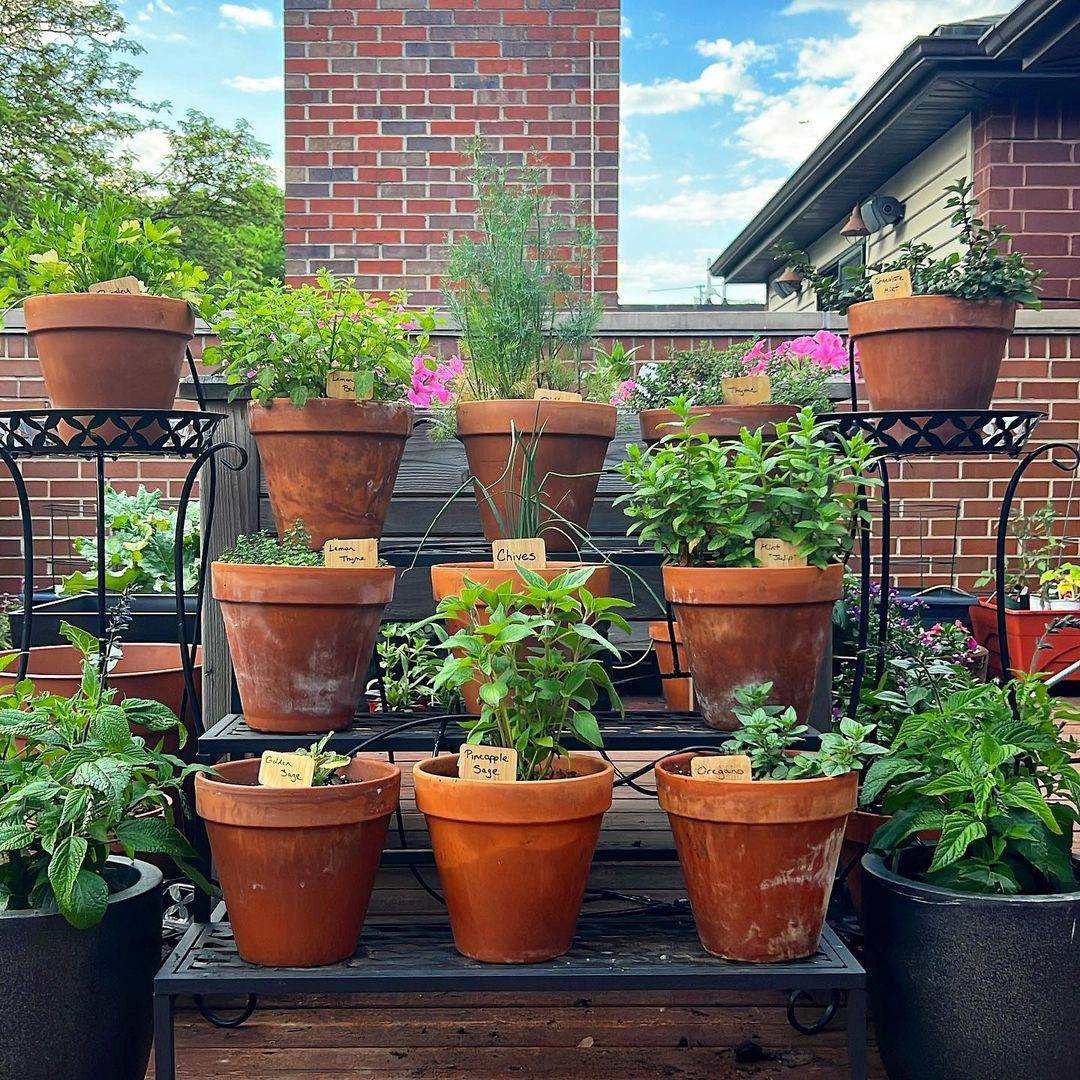
This labelling makes it easier to care for each herb properly and avoid mixing them up. Container herbs from @ chicagogardener
1. Start Small
Begin your herb garden with just a few easy-to-grow herbs. This allows you to learn the basics and build your confidence. Once you’re comfortable with these initial plants, you can gradually add more varieties and expand your garden.
2. Label Your Herbs
Use plant markers to keep track of your herbs, especially when growing different types. Labels help you identify each herb, which is especially useful when your plants are young and not yet easily distinguishable.
3. Regular Maintenance
To keep your herb garden thriving, water your plants consistently according to their needs. Regularly check for and remove weeds that compete for nutrients and water. Also, keep an eye out for pests and diseases, addressing any issues promptly to prevent damage. This routine care ensures your herbs stay healthy and productive.



